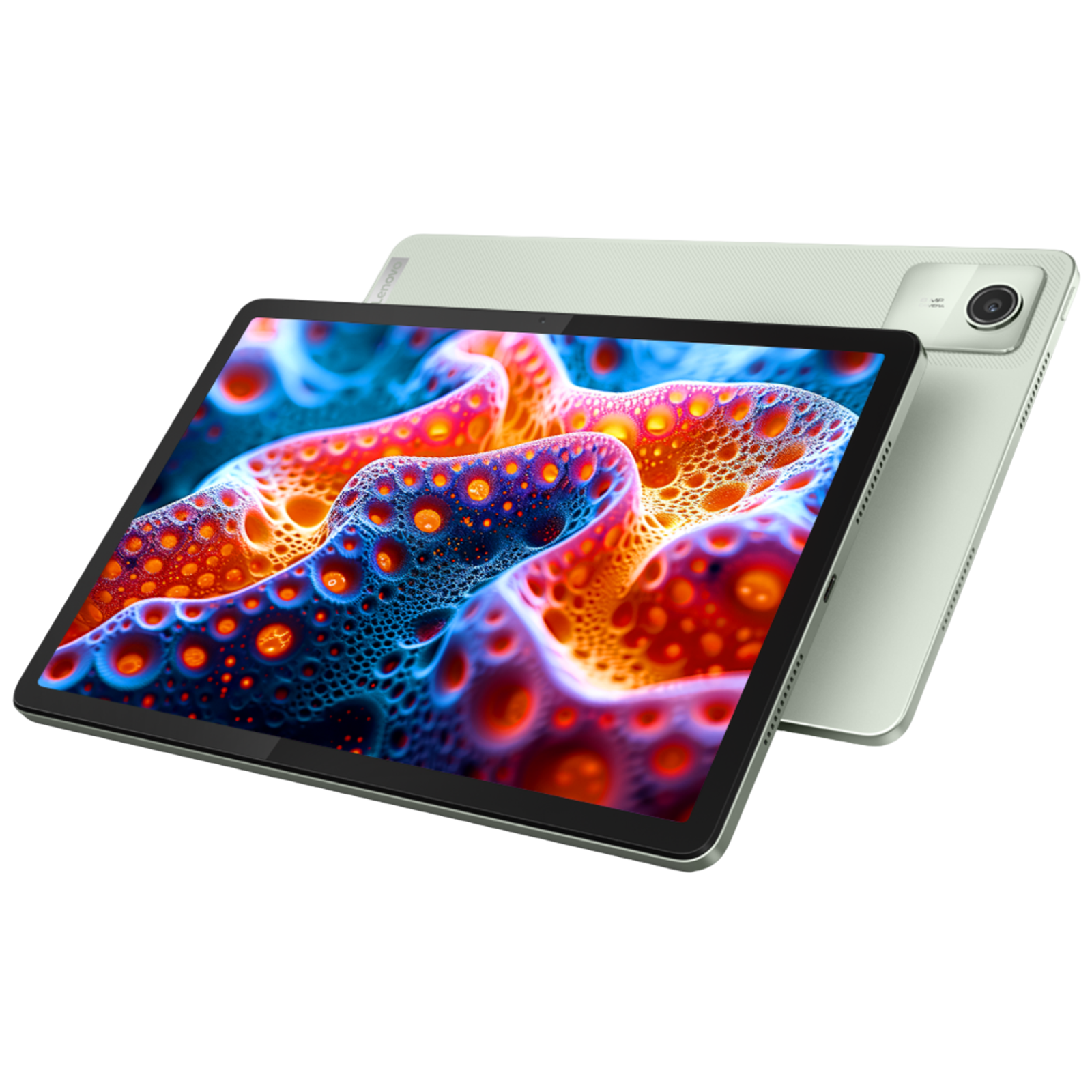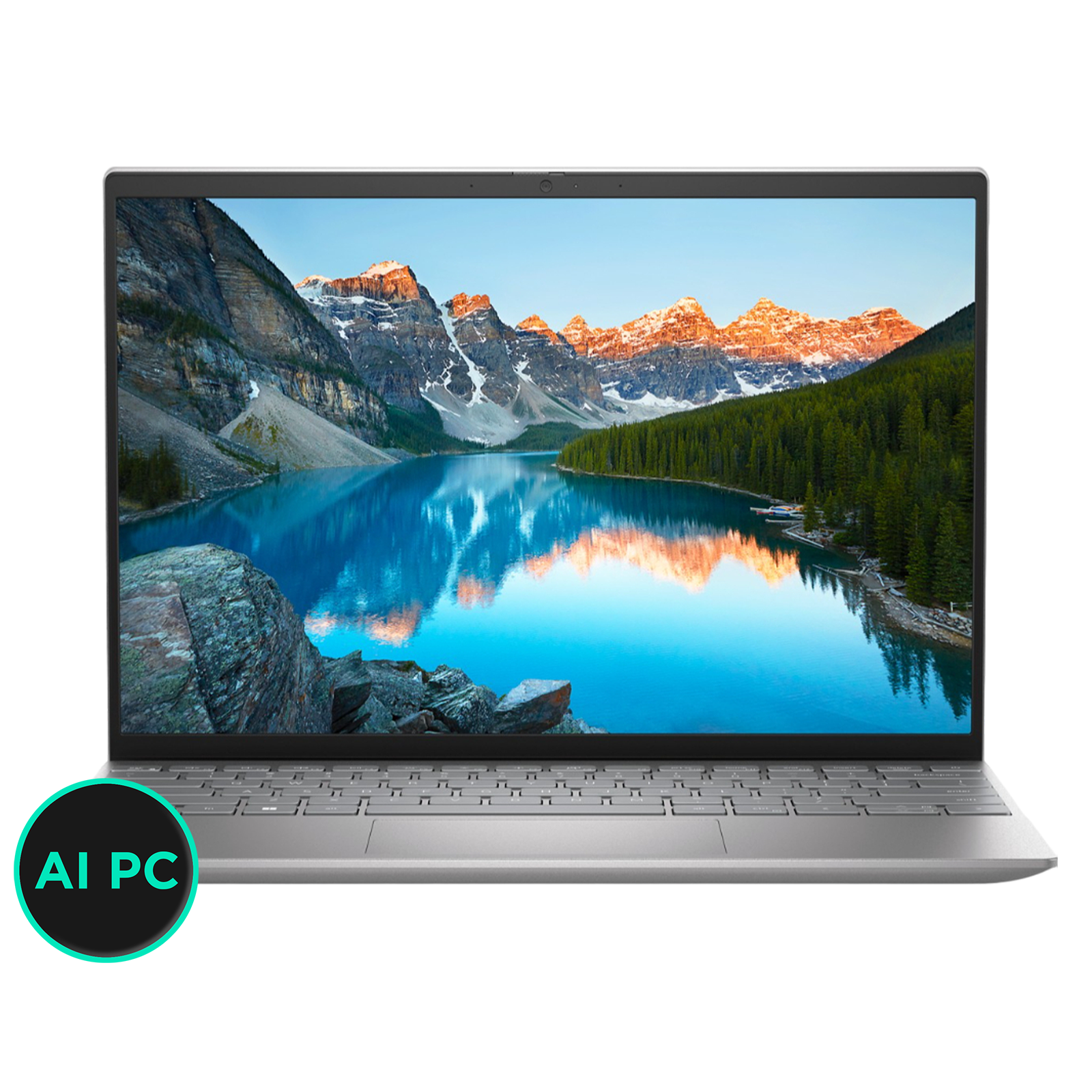With a new academic year just around the corner, students are often confused when it comes to choosing their gear. Traditionally it was as simple as choosing between a Batman and a Spiderman backpack, things have only gotten more complex. One debate that circles back closer to the start of the academic year is tablet vs laptop.
Whether you are heading to school, college, or university, you will need a computing device that extends beyond your smartphone. You might want to invest in a good laptop, but the new tablets available in the market might tempt you towards extra portability. While both gadgets are suitable for studying, the rise of edtech startups and their use of tablets to push online education has only increased the confidence in tablets as a student’s preferred mobile computer.
ALSO READ: Eight ways to decorate and make your laptop look new
It is difficult to agree that choosing a tablet over a laptop is a wise decision for every student out there. If you are a student who is going to spend a lot of time coding or editing content then a laptop will be a better fit than a tablet. However, for many students, a tablet might be a better option.
Tablets vs Laptops: Which is better for students?
1. Tablets are extremely versatile
Tablets are often seen as a device for consumption but they have become more versatile than you think. You can type on your tablet using a keyboard accessory like you would type on your laptop, you can draw on them using a stylus, you can dictate notes, and even take photos with them.
Tablets from Apple and Samsung come with accessories that further extend their capabilities. To add to that versatility, both Apple’s App Store and Google’s Play Store offer many useful apps for students that cater to their educational and research needs. With parental controls and screen time feature, a tablet is particularly suited for younger children.
2. Tablets are more portable than laptops
One of the main attractions of laptops was portability and tablets take that portability to a whole new level. They are so thin and lightweight that you will hardly feel their heft in your backpack. You can easily carry them from one lecture hall to another or even on a field trip. With students already having to carry so many things, a tablet doesn’t add to it but instead disappears from view.
This portability does not come with a lot of tradeoffs. Even the most affordable models like the Apple iPad 10th Gen have a decent screen and long battery life. However, a tablet like Apple’s newly announced iPad Pro pushes the definition of portability with its thin 5.3mm profile and weight under 500 grams.
3. Tablets are simpler to use
As a student, at times, you might be looking for a device that is simple to use and free of any distractions. During a lecture, you might only want to take notes, and at home, you might only want to focus on an educational app without being pulled into other applications. Tablets are meant to do just that since they are essentially larger versions of your smartphones that let you focus on one thing.
While Android tablets and iPads have gotten better at multitasking, they are still very much designed with using one application at once in mind. A Windows laptop or MacBook, on the other hand, are meant for powerful multitasking and using multiple programs at once and can become overwhelming after a point.
4. Tablets are more affordable
Another advantage of tablets over laptops is their pricing. They are designed to offer more bang for your buck than laptops. The entry-level 10.9-inch iPad starts at Rs 33,990 and when you factor in its portability, display quality, battery life and iPad user experience, even budget laptops will fall short in some areas.
Also Read: The best large-screen tablets in 2024
Sure, not every tablet is as affordable as an entry-level iPad and there are models like iPad Pro that start at Rs 79,900 and go as high as Rs 3,23,600. While the iPad Pro is clearly aimed at replacing laptops, most tablets are affordable because they act as a medium to experience the internet and explore the world of apps.
5. Tablets can transform into laptops
Every tablet wants to be a laptop replacement and over the years, they have gotten good at transforming into laptops compared to laptops becoming tablets. A tablet like Samsung Galaxy Tab S9 Ultra and Apple iPad Pro come with accessories that turn them into a laptop with a single tap.
Then there is the Microsoft Surface Pro lineup, which runs a full-fledged Windows operating system with the portability and versatility of a tablet. It also comes with a detachable tablet for easy switching between a tablet and a PC experience. The only downside is that this transformation does not bring the versatility of ports found on laptops.
What about laptops and 2-in-1 laptops
While a tablet is an ideal companion for students, you cannot overlook laptops that easily. A laptop is still the way to go if you are a student who needs to run processor-intensive applications or those that are only available for Windows or Mac. They not only pack superior processing power but also offer apps for photo and video editing that aren’t easy on a tablet.
ALSO READ: 10 ways students can use an Android tablet
However, students can consider 2-in-1 laptops, which are designed to offer the experience of laptops while also being able to transform into tablets. These come in either a convertible or a detachable form factor. They offer the processing power seen on laptops with the portability and convenience of tablets.
Tablets vs Laptops: What to keep in mind
As a student, the first thing you need to keep in mind is your use case. If you are looking for a device that is great for taking notes, sharing notes, and attending online classes then a tablet will suffice. However, if you are going to do processor-intensive tasks like editing photos or videos and wiring code then a laptop will be a much better fit.
Unleash your inner geek with Croma Unboxed
Subscribe now to stay ahead with the latest articles and updates
You are almost there
Enter your details to subscribe

Happiness unboxed!
Thank you for subscribing to our blog.
Disclaimer: This post as well as the layout and design on this website are protected under Indian intellectual property laws, including the Copyright Act, 1957 and the Trade Marks Act, 1999 and is the property of Infiniti Retail Limited (Croma). Using, copying (in full or in part), adapting or altering this post or any other material from Croma’s website is expressly prohibited without prior written permission from Croma. For permission to use the content on the Croma’s website, please connect on contactunboxed@croma.com
- Related articles
- Popular articles



















Karthekayan Iyer
Comments